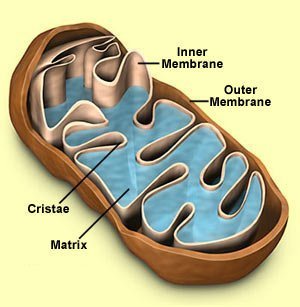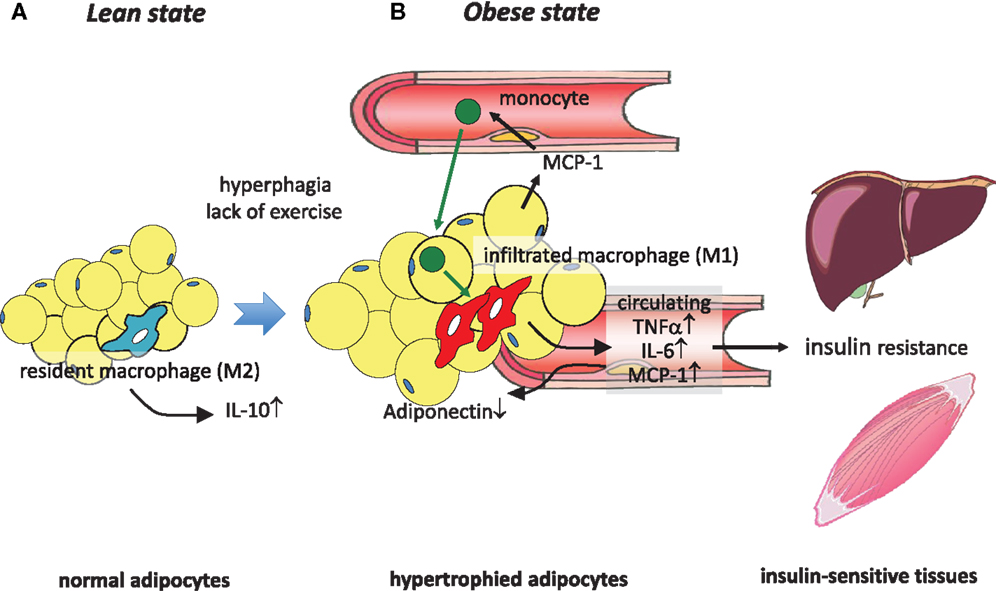Mitochondrial dysfunction and obesity

Mitochondrial dysfunction and obesity has a way of weakening the functions of the body systems
Mitochondrial dysfunction and obesity: Symptoms of mitochondrial malfunction
When the body is under pain, there must be some valid reasons including malfunction or dysfunction of some systems within the body. That is to say a dysfunction occurs when something is not working or functioning in the correct way. We are going to be discussing about the mitochondrial dysfunction which refers to a situation where the mitochondria are not working properly. Professionally doctor Dalal Akoury MD, President, and founder of AWAREmed health and wellness resource center registers that mitochondrial diseases comes as a result of failures of the mitochondria, specialized compartments present in every cell of the body except red blood cells. Mitochondria are responsible for creating more than 90% of the energy needed by the body to sustain life and support growth. This failures results in less production of energy with the cell and this can cause injury to the cell and eventual death of the cell. If this is not corrected, the victim’s body system will fail and the individual’s life/health becomes compromised.
The disease primarily affects children, but adult onset is becoming more and more common. Depending on which cells are affected, symptoms may include loss of motor control, muscle weakness and pain, gastro-intestinal disorders and swallowing difficulties, poor growth, cardiac disease, liver disease, diabetes, respiratory complications, seizures, visual/hearing problems, lactic acidosis, developmental delays and susceptibility to infection
Mitochondrial dysfunction and obesity: Approaches to resuscitate aging mitochondria
Understanding the proposed mechanisms by which mitochondrial dysfunction can contribute to aging and aging related diseases suggests several potential interventions which may include the following:
- Maintenance of optimal Krebs cycle and respiratory chain efficiency.
- Restoration of mitochondrial membrane fluidity.
- Reduction in deleterious free radical activity.
Mitochondrial dysfunction and obesity: CoQ10
Coenzyme Q10 is probably the most widely used cofactor for treating mitochondrial-related diseases. CoQ10 functions as the electron carrier in the inner mitochondrial membrane, transferring electrons from complexes I and II to complex III. In addition to increasing biosynthesis of ATP (the universal energy molecule), and acting as a potent free radical scavenger, CoQ10 also reduces lactic acid levels, improves muscle strength, and decreases muscle fatigability. Now having appreciated the importance of mitochondrial, it is important that your body system is not in luck of this vital chromosome because if that is to happen, your body will be deprived of energy which can be very disastrous.
Finally, for the sustainability of this DNA chromosome in your body system, a lot needs to be done professionally. Remember this article is all about your health and because of the weight of medical terminologies involved, we want to encourage you to schedule an appointment with doctor Dalal Akoury today for further professional guidance. And as we conclude this discussion, it will interest you to note that doctor Akoury made a passionate decision of creating a health center to primarily transform each individual’s life through increasing awareness about health and wellness and by empowering individuals to find their own inner healing power. This is what you need in situations like this when your mitochondrial are going down. Doctor Akoury is just a phone call away on telephone number 843 213 1480 for the appointment.
Mitochondrial dysfunction and obesity
http://regenerativepotential.com/wp-admin



